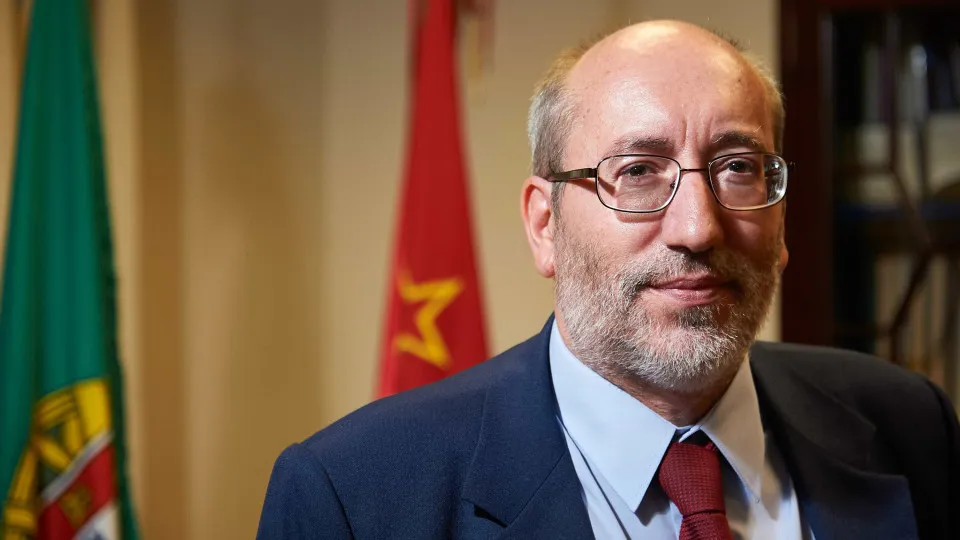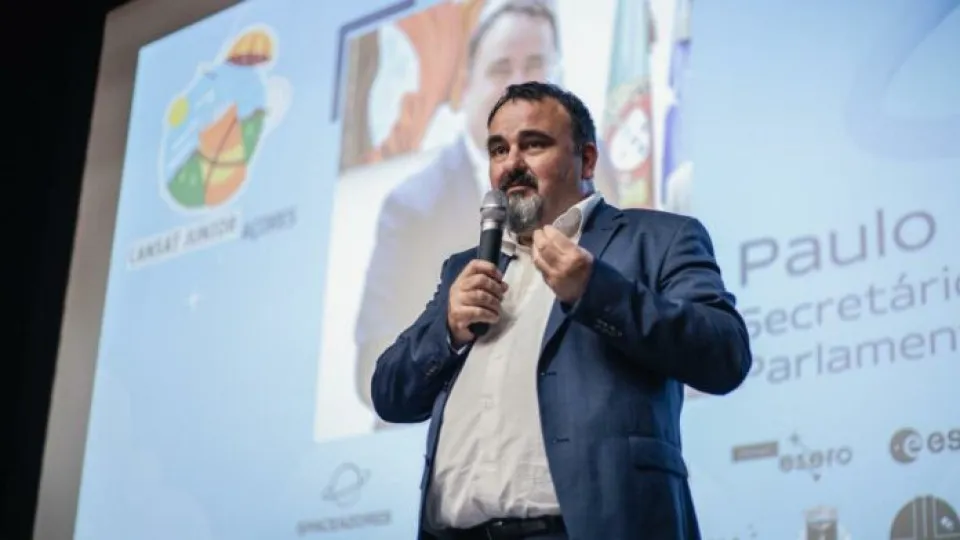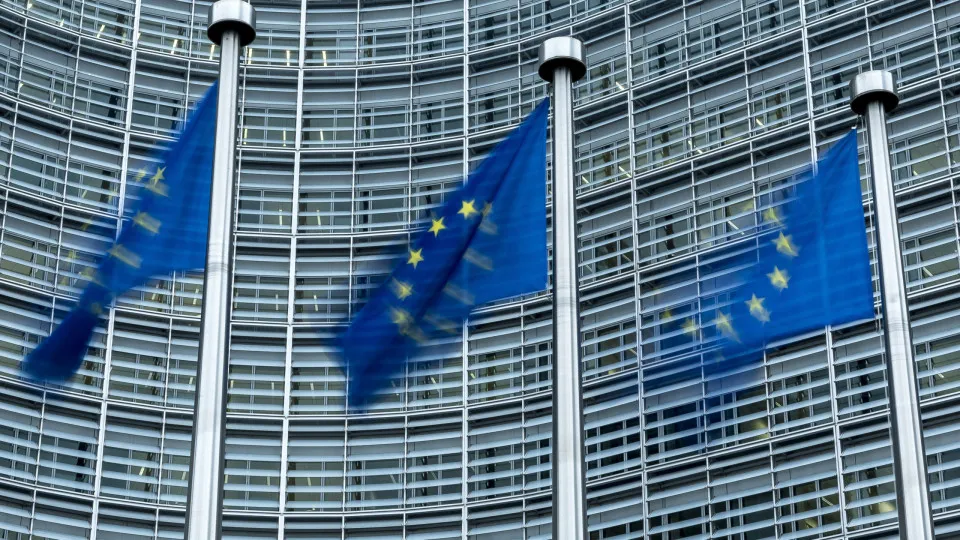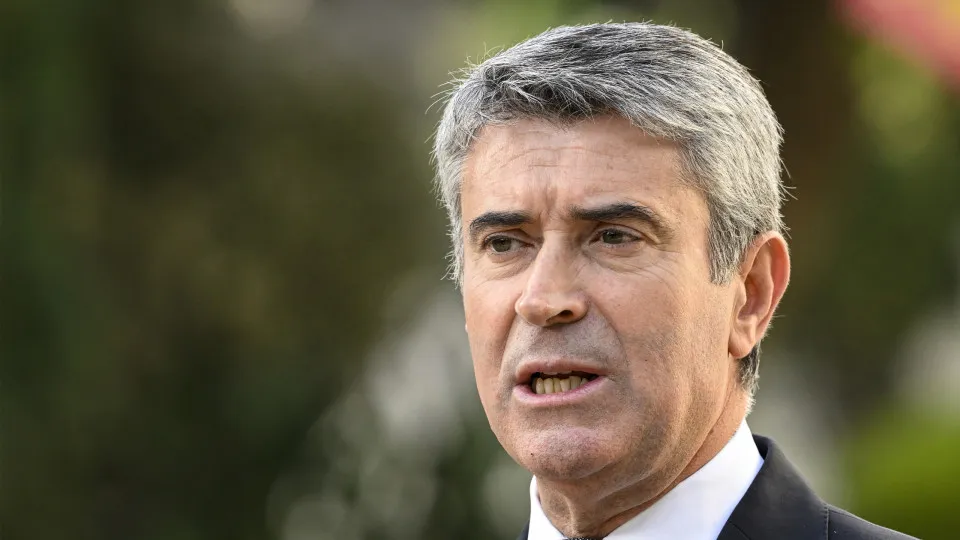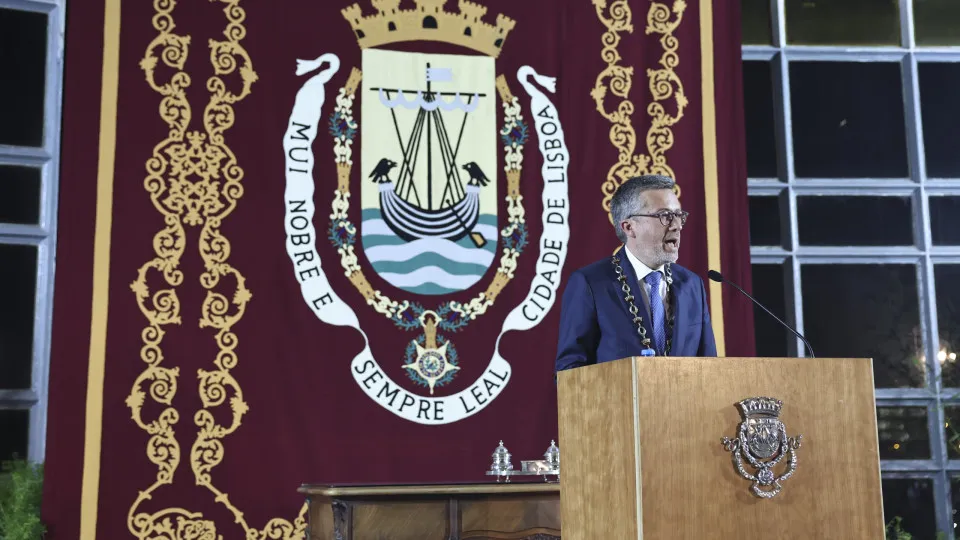
A proposal concerning the procedural rules for the municipal executive was met with opposition from all councilors representing leftist political forces, including PS, Livre, BE, and PCP, during a private meeting, according to an official source from the municipality.
Following the approval of the Lisbon City Council’s procedural rules, which define the operation of the municipal executive body, the PS council highlighted that the new rules signify “a serious setback and a clear attack on pluralism and the democratic functioning of the municipal authority,” raising the possibility of judicially contesting the new rules.
According to the PS, the document approved with votes from the PSD/CDS-PP/IL leadership and Chega “reduces the opposition’s rights, limits transparency, and weakens oversight of the executive, contrary to the spirit of the law and democratic coexistence best practices.”
Asserting that procedural rules should ensure institutional balance and conditions for all political forces to fully exercise their mandate, the socialists claim that the approved document “achieves the opposite: it creates inequalities among councilors, concentrates power in the mayor, and seeks to silence those responsible for scrutiny.”
Under the new rules, according to the PS, the opposition “completely loses” the right to schedule proposals, leaving the decision to the mayor alone regarding what is discussed. Additionally, it reduces the councilors’ speaking time, limits the number of amendments that can be made to Carlos Moedas’ initiatives, and restricts the pre-agenda period regarding the time and topics that can be addressed.
“In decentralized public meetings, councilors without portfolios lose the right to respond to citizens,” the PS council mentions.
In response, an official from Carlos Moedas’ office stated that “the procedural rules for the 2025-2029 term will enable swifter and more effective municipal decisions to benefit Lisbon’s populations and safeguard the deliberative municipal body’s nature and special aptitude for political discussion and debate on the city’s issues and solutions.”

